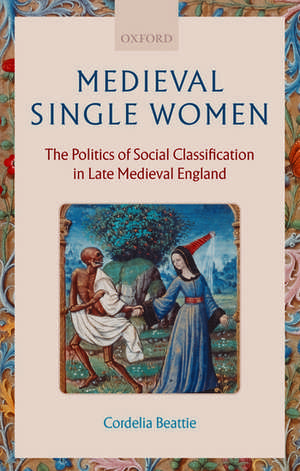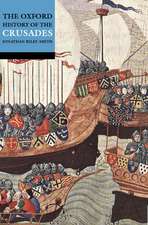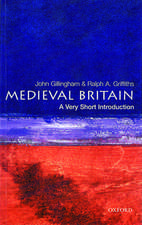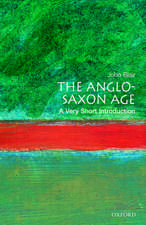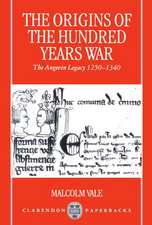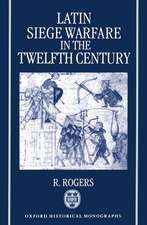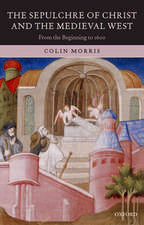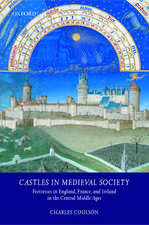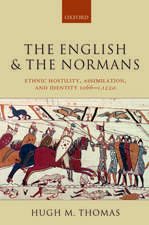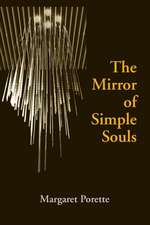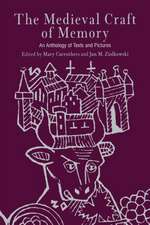Medieval Single Women: The Politics of Social Classification in Late Medieval England
Autor Cordelia Beattieen Limba Engleză Hardback – 13 sep 2007
Preț: 800.48 lei
Preț vechi: 1153.81 lei
-31% Nou
Puncte Express: 1201
Preț estimativ în valută:
153.24€ • 157.69$ • 129.17£
153.24€ • 157.69$ • 129.17£
Carte tipărită la comandă
Livrare economică 17-24 februarie
Preluare comenzi: 021 569.72.76
Specificații
ISBN-13: 9780199283415
ISBN-10: 0199283419
Pagini: 195
Dimensiuni: 144 x 223 x 18 mm
Greutate: 0.38 kg
Editura: OUP OXFORD
Colecția OUP Oxford
Locul publicării:Oxford, United Kingdom
ISBN-10: 0199283419
Pagini: 195
Dimensiuni: 144 x 223 x 18 mm
Greutate: 0.38 kg
Editura: OUP OXFORD
Colecția OUP Oxford
Locul publicării:Oxford, United Kingdom
Recenzii
...interesting and persuasive...an example of how to do careful social and cultural history that never strays from the sources but that also offers a fruitful analysis of those same documents.
Very readable and informative...the author is to be congratulated on a book which - while most definitely a specialist study of the sources that clearly contributes new evidence to discussions about the conceptualisation of women in medieval England - is also an inviting and informative read for non-historians.
Very readable and informative...the author is to be congratulated on a book which - while most definitely a specialist study of the sources that clearly contributes new evidence to discussions about the conceptualisation of women in medieval England - is also an inviting and informative read for non-historians.
